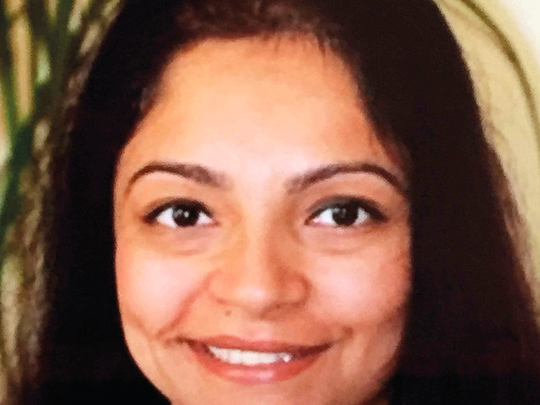
We’ve all been taught compassion and generosity. We’ve learned to give to charity, feed our guests and lend our shoulders to those in need. But in all this, the one thing that we seem to have lost focus on is the ability to forgive. We typically react with ego, hurt, anger and resentment when there is a betrayal, or misdeed. What happens though when we forgive? Forgiveness is a conscious decision based on compassion and love. It is an idea that requires the “victims” to look beyond their ego, expectations and judgment and focus instead on the subject that has hurt them. It is the act of letting go. This is difficult, but can be practised by anyone. Of course, any wrongdoing must have consequences and forgiveness does not mean the perpetrator must not take responsibility, feel remorse or face the consequences. Forgiveness is not about the wrong-doer, it is about the “victim”.
Hurt, anger and need for revenge are negative thoughts that often cause a continuation of the initial wrong. These emotions drive the “victim” into a vicious cycle that ends up hurting him or her the most. They develop into thought and behaviour patterns that can cause illness, loss of a social circle and psychological trauma. They cause the individual to relive the wrong- doing repeatedly and do not allow healing or learning.
Choosing to let go of the hurt or anger and understand the person who has committed the wrong can invite positive influences. This doesn’t mean forgetting the misdeed, but rather looking at it more realistically.
So, how can you practise forgiveness? It is done at the mental, emotional and behavioural levels. Mentally, let go of the details and stop re-living the incident. Emotionally, view the individual with compassion and understand the cause of the misdeed; see the larger picture of the person, not just the one act that has caused you harm. Physically, demonstrate the absence of anger and revenge, and respond, not react. Reaction comes from the ego while a response can be a thought-through action. Surrounding oneself within a positive environment and support also goes a long way.
Forgiveness requires greater inner strength and the ability to forgive oneself. When there is no point of reference outside of the self, forgiveness is a challenge. Yet, this is the basis to develop compassion, inner peace and self-confidence. The other side of the coin is to be consumed by guilt, shame and self-criticism that can very harmful in the long-term.
- The Dubai-based writer is founder of wellness platform Mymedini.com.











